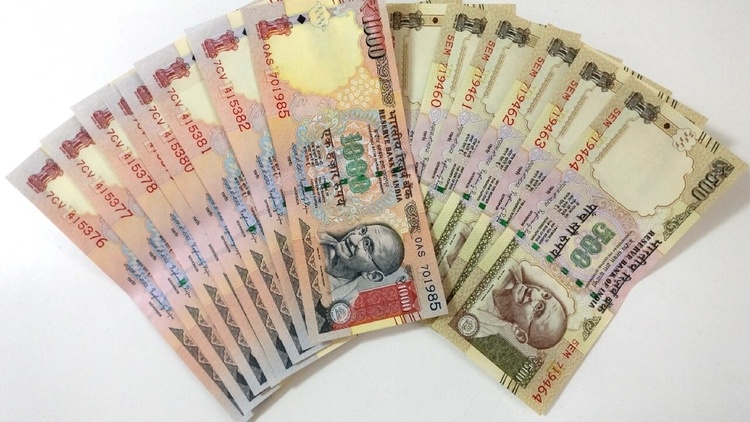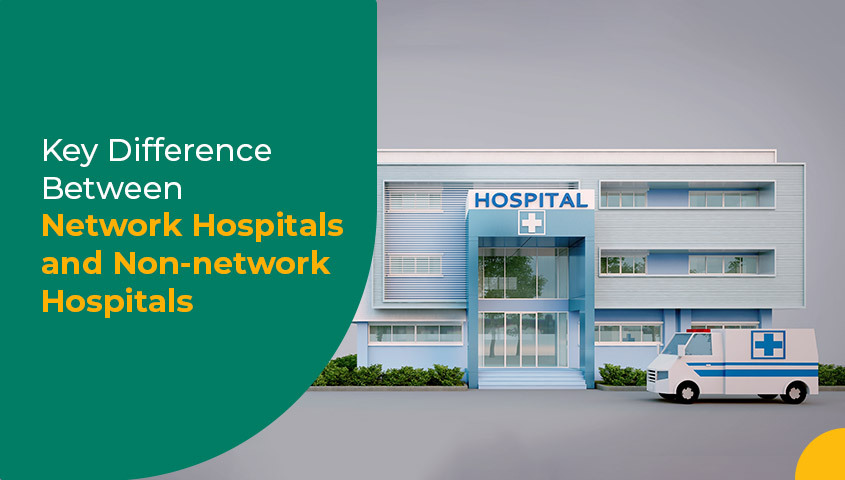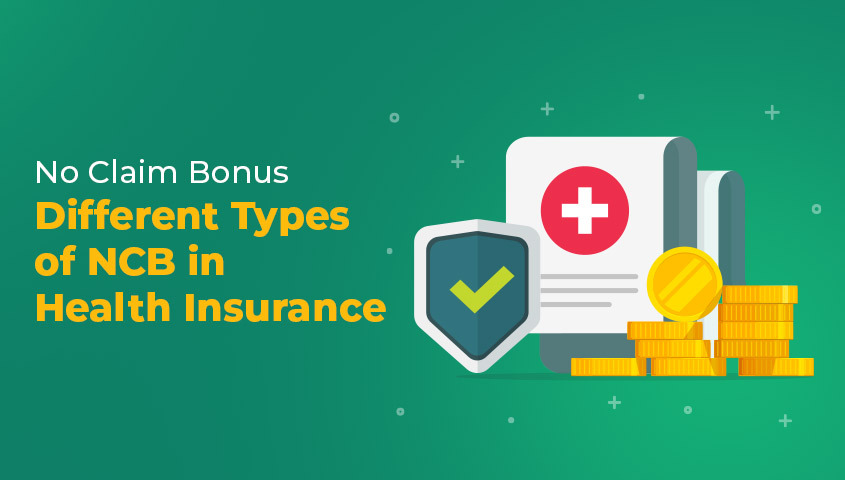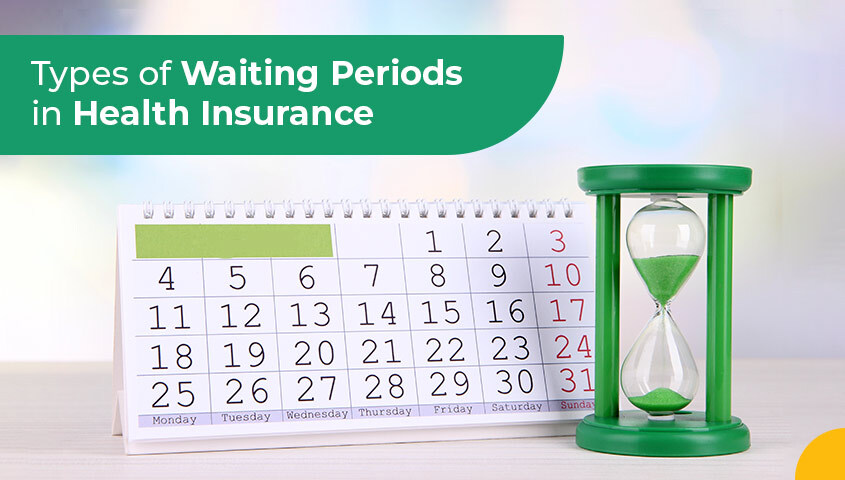
8th November 2016 was a historic day in the Indian economy with the Government banning the use of Rs.500 and Rs.1000 currency notes with immediate effect. For people hoarding black money, it was a Black Tuesday while for the common masses it was chaos. Lack of understanding of the effects of the changed regulation resulted in chaos and anarchy everywhere. Closer home I saw panic grip my family when my grandfather’s health worsened and we had to hospitalize him. Though we had enough cash resources at our disposal we didn’t know whether our now useless cash (since it was in denominations of Rs.500 and Rs.1000) would come to any use. Panicking and restless, we rushed to the hospital which declined our mode of payment (cash). Fresh out of options, we went to a Government hospital which was accepting cash payments and got our grandfather treated.
In this entire episode you might be wondering what happened to our health insurance policy?
Well, we had a policy but the claim payable was on a reimbursement basis. It meant that we had to bear the cost ourselves and later get the same reimbursed from the insurer after submitting the hospital bills. All this time, this clause never hurt our family because we always had spare cash for such emergency situations. But, yesterday’s unique circumstances made it unusable!
Was there an alternate solution to this emergency my family faced?
Yes, there was and it is called ‘CASHLESS HOSPITALIZATION’.
What is cashless hospitalization?
A common feature of most health insurance plans, cashless hospitalization enables policyholders to seek medical treatments at hospitals which are tied-up with the insurer. The medical bills are directly settled by the insurance company and the policyholder is spared the burden of shouldering the medical bills himself.
Why is it important?
Let us start with what happened right now when my family temporarily lost access to cash, and a medical emergency came up. There are many other reasons as well when you may not have immediate access to large amounts cash when it’s most needed. Simply, banks may be closed that day or you may be traveling out of town at the time of hospitalization. You may have just used up your saving for something else or god forbid you may have hit the hard times in your job or business. At such times, the cashless benefit can take care of your major health expenditures, and spare you the stress of arranging for large sums of money in a short time.
You should ensure that the health insurance plan you choose has cashless benefit for another important reason. Without the cashless benefit, you will first have to pay the bills yourself and then reimburse the amount by filing a claim with the insurer. As such, our finances are depleted and are restored only when the claim is admitted (which takes some time). Cashless hospitalization, on the other hand, does not involve our finances at all. The bills are settled directly and we don’t have to drain our savings for meeting them. Thus, they are convenient and hassle-free.
The final word
The recent demonetization action by the government is reminder to us that life is full of uncertainties and its best to be prepared. Having a health insurance plan with cashless benefit is an essential part of this preparation. Nowadays there lots of options for health insurance at price points starting as low as Rs. 2,000 per year. Just make sure that you choose a health insurance plan from these options it offers the cashless benefit at hospitals that you would like to go to. Turtlemint can help you figure that out. So let’s go cashless now, and fear not the day when money ends!
Read more about What is Health Insurance
Read more about An anatomy of an health insurance plan
Read more about Dejargonizing health insurance terms
































